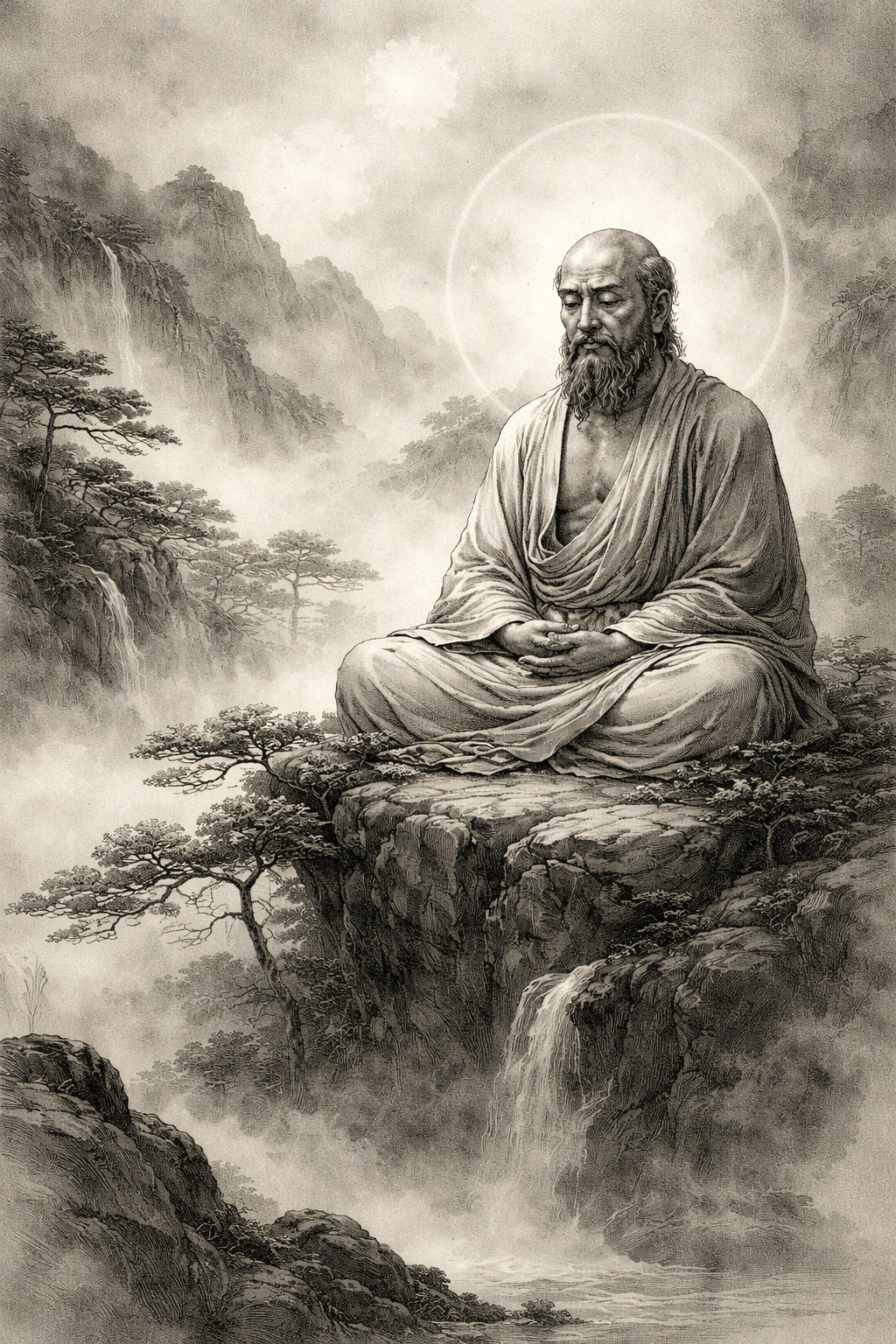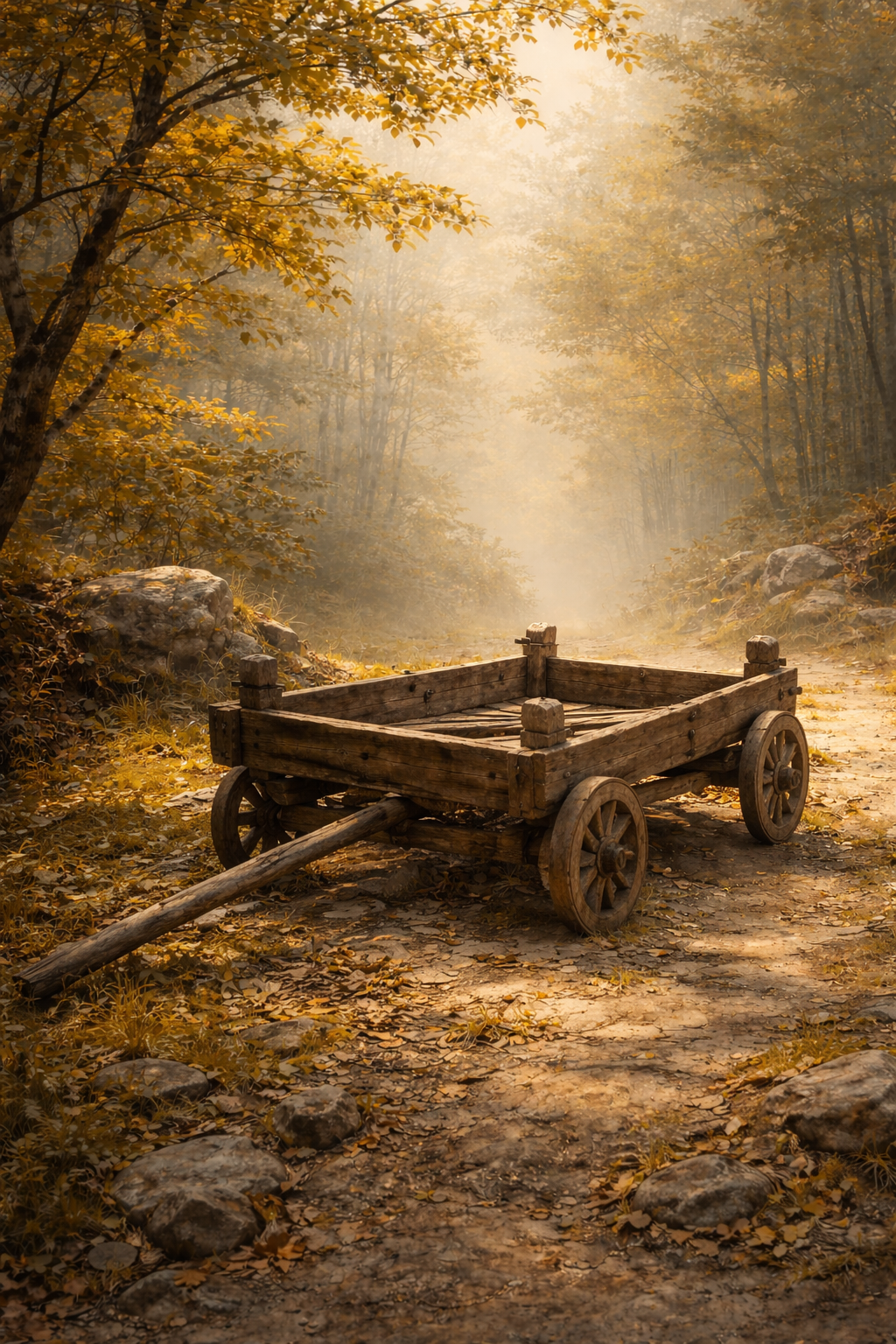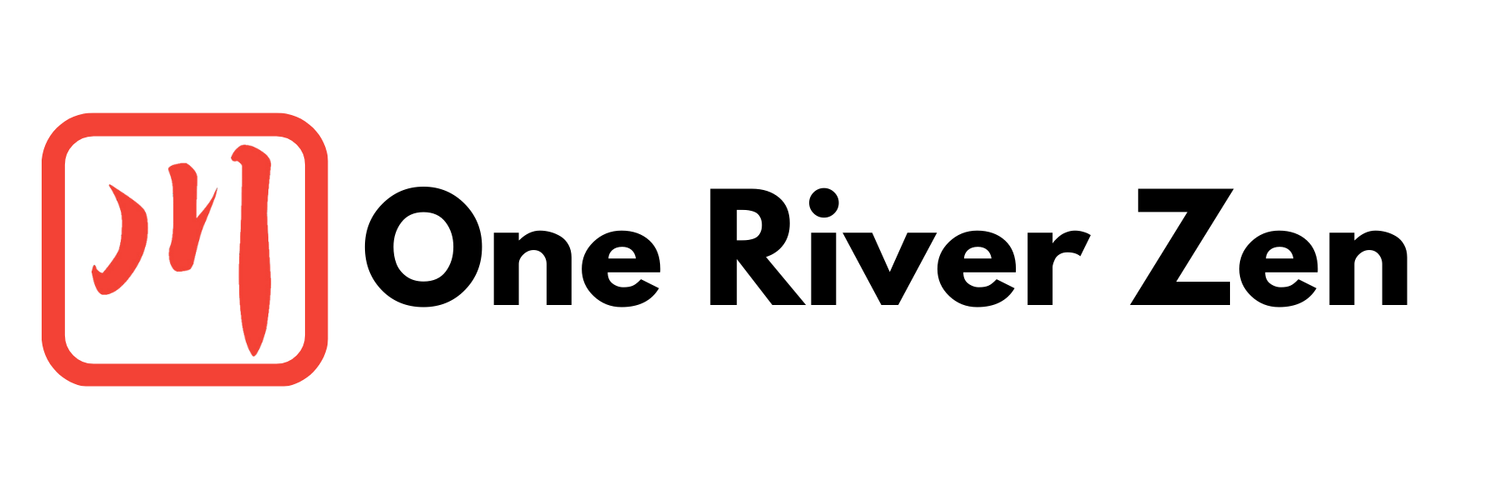
BEFORE YOU FIX IT, LOOK AT WHAT’S NOT BROKEN
You’re about to spend the day fixing things.
But what if you’re not seeing the whole picture?
Full reflection inside.


SPEND ALL OF YOUR JOY TODAY
You think if you give too much away, you’ll have nothing left. What if that math is wrong?

Book of Equanimity Case 21 — Ungan Sweeps the Ground | Zen Teishō by Sensei Michael Brunner
In this teishō on Book of Equanimity Case 21, “Ungan Sweeps the Ground,” Sensei Sōen Michael Brunner examines how our mental commentary replaces direct experience.

MIND YOUR OWN BUSINESS
One of the most dangerous things on the spiritual path is blaming causes and conditions — or blaming other people — for our inability to practice. For our inability to function freely in our own lives.

WHO DO YOU THINK YOU ARE?
You’ve been asked that question before —
usually as a correction.
But what if it’s the most important question you answer today?

EXHAUST THE MIND ROAD
You can think your way all the way to the edge — but you can’t think your way into intimacy with this moment.

PUT IT DOWN
You’re holding more than you think.
And it’s costing you.
What changes when you stop clinging — even for a breath?

Mumonkan Case 9 — Daitsu Chishō: The Non-Attained Buddha | Zen Teishō
What if nothing was ever missing? In this teishō on Mumonkan Case 9, Daitsu Chishō, Sensei Soen Michael Brunner examines the hidden assumption that practice leads somewhere—and what it means to come home to the non-attained Buddha here and now.

Mumonkan Case 8 — Keichū Makes Carts | Zen Teishō by Sensei Michael
In this teishō on Mumonkan Case 8, Ketshū Makes Carts, Soen Sensei (Michael Brunner) examines how we mistake explanation for intimacy and why Zen practice collapses the distance between experience and understanding. What happens when the “wheels” are removed—and what still functions?
